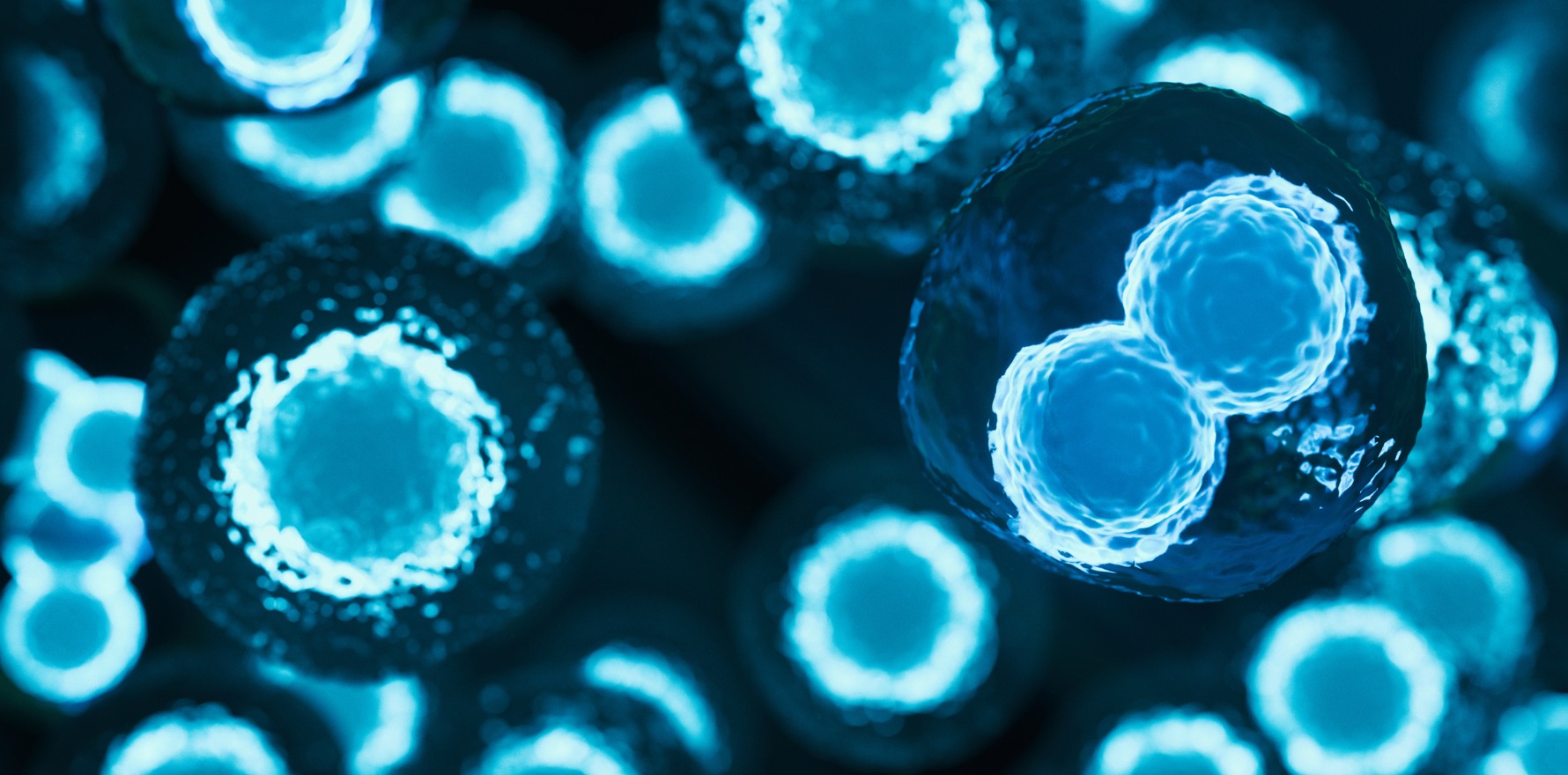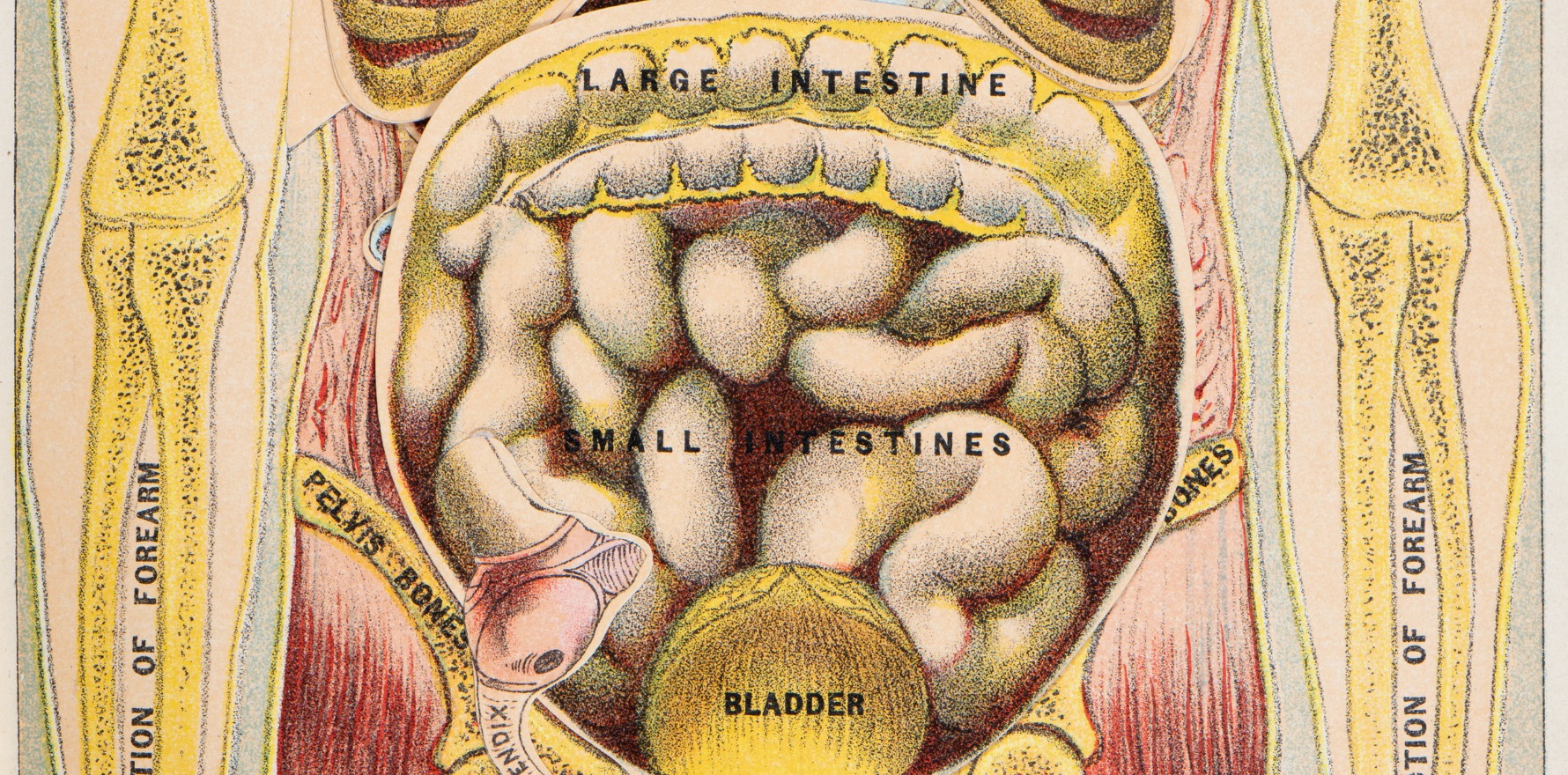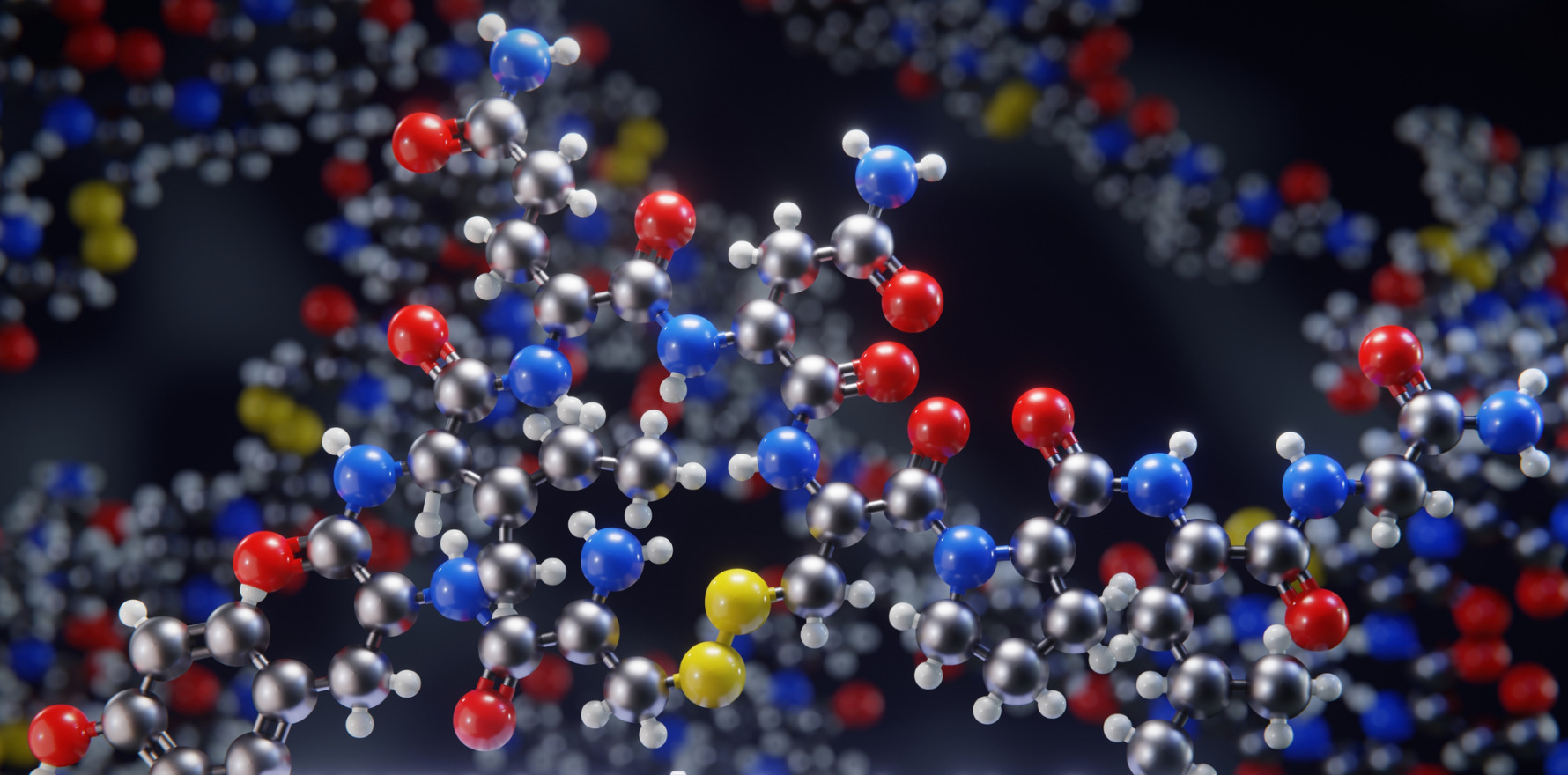Over 90% of a small cohort of paediatric patients with monogenic inflammatory bowel disease achieved sustained, medication-free remission.
Replacing the immune system ‘seems promising’ for a very rare and select population of IBD patients, according to one expert.
Inflammatory bowel disease is a chronic condition that can be managed but not cured. Monogenic IBD, where the disease is linked to a single genetic mutation, is a rare and severe phenotype that is typically managed with immunomodulating medications, biologics and small molecules.
Haematopoietic stem cell transplants have been suggested as a potential cure for monogenic IBD, and if effective, would be “revolutionary”, according to Melbourne-based gastroenterologist Dr Charlotte Keung.
“HSCT seems to be a viable option for patients with inborn errors of immunity with monogenic defects in the haematopoietic compartment that can manifest with intestinal inflammation as basically the recipient’s immune system is replaced,” said Dr Keung, a fellow at Monash Health’s IBD service.
“[But] monogenic types of IBD are a very different type of IBD from conventional IBD, and a cure for monogenic IBD doesn’t necessarily hold the same meaning as a cure for IBD.”
Researchers from the Children’s Hospital of Philadelphia in Pennsylvania, USA retrospectively reviewed medical records for 25 children with monogenic IBD who had received an allogenic HSCT and who had been followed up for at least six months. Their findings were published in Clinical Gastroenterology and Hepatology.
The majority of included patients were male (72%) and had Chron disease (72%). Three in four patients received immunosuppressive therapy for their IBD prior to transplant, and five patients underwent luminal surgery and had ileostomies at the time of transplant. The median age at HSCT transplant was 6 years.
After a median three years of follow-up, 23 of the 25 patients (92%) displayed medication-free remission of both IBD and immunodeficiency. Among the 20 patients without ostomies, 80% achieved and sustained IBD medication-free remission in the first 12 months after the transplant.
All five patients with ileostomies also achieved IBD medication-free remission by the time of their last follow-up.
Three quarters of patients developed infections in the first year after transplant, but 75% of the patients who were followed up for more than 18 months remained infection free after the initial 12-month period. Most infections that did occur post-transplant were bacterial and were treated with oral antibiotics.
Four patients developed cutaneous graft versus host disease, while a fifth patient also developed intestinal and liver GVHD in addition to the cutaneous form of the disease. All cases of GVHD resolved following a range of treatment approaches, including steroids.
The researchers advised against putting off the HSCT in an attempt to achieve IBD remission prior to transplant or to reduce the risk of GVHD.
“Outcomes of HSCT are in general improved for younger patients and medical remission is often unattainable for more severe forms of monogenic IBD,” they wrote.
“Therefore, while efforts should be made to stabilise the intestinal disease prior to HSCT, our data do not support deferring HSCT in patients with active disease to minimise the likelihood of GVHD.”
Related
Dr Keung told GR that while she felt the paper was interesting and suggested that HSCT seemed to be a viable option for patients with inborn errors of immunity with monogenic IBD, it wasn’t without its shortcomings.
“Some limitations of this paper include assessing clinical symptoms, which are less objective for IBD activity than other outcomes (e.g., endoscopy, faecal calprotectin and intestinal ultrasound) [and the] variability in monogenic mutations (e.g., homozygosity vs. heterozygosity, different genes which result in different downstream sequelae of the mutation) which can manifest different IBD phenotypes and severities,” she said.
“Also, monogenic IBD due to inborn errors of immunity can have particular extra-intestinal manifestations often not seen in standard IBD and it’s unclear which affected systems are the key drivers the decision to undertake the HSCT.”
As part of her work with Monash University and the Hudson Institute of Medical Research, Dr Keung is currently leading a clinical trial exploring an alternative treatment for IBD, involving extracellular vesicles derived from human amniotic epithelial cells, which deliver similar benefits to stem cells at a much lower cost.
“Allogeneic HSCT aims to engraft donor bone marrow into the recipient and requires donor matching and conditioning chemotherapy and is a high-risk procedure with short- and long-term complications. Nonetheless there is a certain minority of IBD who may benefit from this procedure,” she said.
“[In contrast,] hAECs are an adult stem-like cell, with multi-potent (but not pluri-potent) properties and likely react to and modulate the recipient’s specific environment, probably with limited engraftment and works less like a transplant. There is no need for donor matching or conditioning chemotherapy as they have little to no immunogenicity and it is a much safer intervention.”





